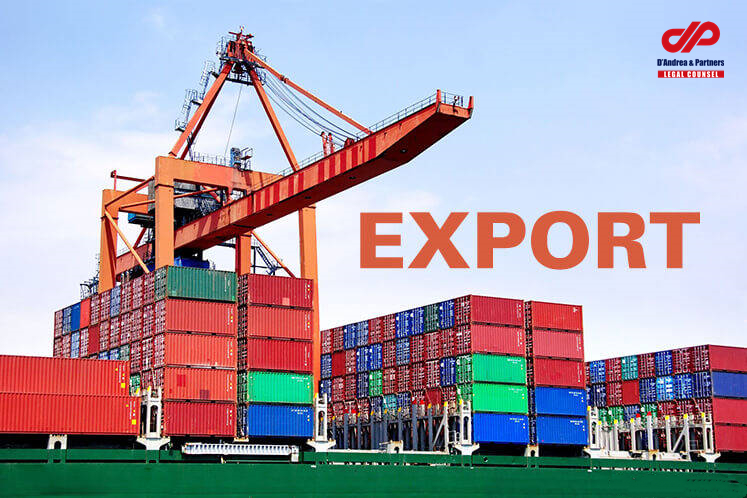On October 17th, the Standing Committee of the 13th National People’s Assembly promulgated the new Law on Export Control of the People’s Republic of China, which will enter into force on December 1st. This law has to be examined in the overall context of the exports supervision system revision, which has also determined the update of the Catalogue of Technologies Restricted or Prohibited from Export and the enactment of the Provisions on the List of Unreliable Entities.
The following is the reported main content of these important provisions.
The Catalogue of Technologies Restricted or Prohibited from Export, updated August 28th, is a list of technologies enacted in compliance with the Law on Foreign Trade which prohibits or provides – for the technologies and the products therein indicated, among which we may mention the technologies related to artificial intelligence – export restrictions related to reasons of public interest, environmental protection or national security.
The Provisions on the List of Unreliable Entities, issued by MOFCOM on September 19th, provides for the enactment of a List comprising of foreign entities (foreign companies, organizations or individuals), classified as “unreliable” because of the
(1) danger they constitute to national sovereignty or security, or for the interest of development.
(2) the violation of the ordinary principles of commercial transactions, the interruption of transactions with Chinese companies, other Chinese organizations or individuals, the adoption of discriminatory measures against Chinese companies or individuals, to the detriment of the rights and legitimate interests of Chinese companies.
In relation to such entities, an ad hoc Working Group established on the basis of such Provisions may impose various sanctions according to the circumstances of the case, such as the restriction or prohibition concerning the carrying out of activities of importation (in)/ exportation (from) China; prohibitions or limitations regarding the investments in the Country; the cancellation of residence and work permits; the imposition of a pecuniary penalty.
Such Provisions are mainly aimed at enabling the PRC to adopt countermeasures against hostile trade policies by foreign entities not founded on the sole criterion of nationality, since this would be in contrast with the obligations assumed within the WTO.
The new Law on Export Control instead introduces a governmental system of control on the exportations of dual-use products (i.e., civil and military), military products, nuclear materials and other goods, technologies or services which are related to the protection of national security and national interests, or related to non-proliferation obligations and other international obligations.
For such products, the Law establishes a particular licensing regime, administrated by the state authorities of export control, which may or may not authorize the exportation based on the evaluation of certain factors such as (1) national security or interest, (2) the existence of international obligations; (3) the typology of exportation; (4) the sensitivity of the interested product; (5) the Country of destination; (6) the final user and use; (7) the public information about the exporter; (8) other parameters provided by the law or administrative regulations.
In the end, the aforementioned provisions are aimed both at responding to the United States’ export controls against China’s major technology companies and at formalizing the export controls in order to offer more certainty both nationally and internationally. However, inevitably such formalization will correspond to a lower flexibility of policies on the matter.



